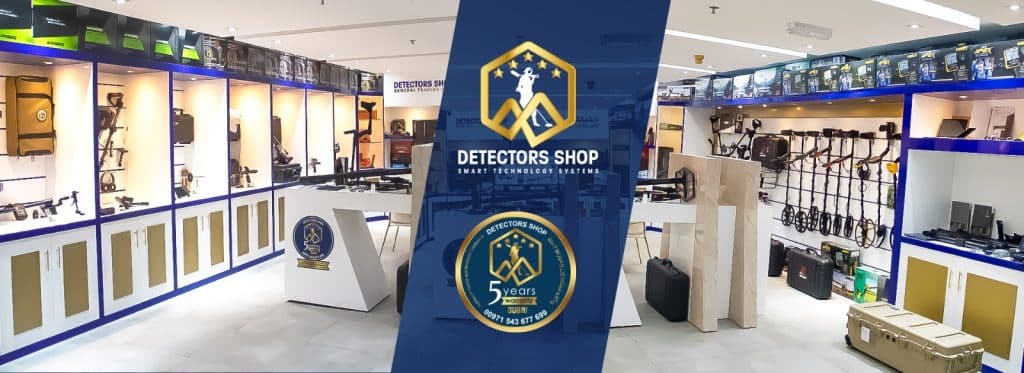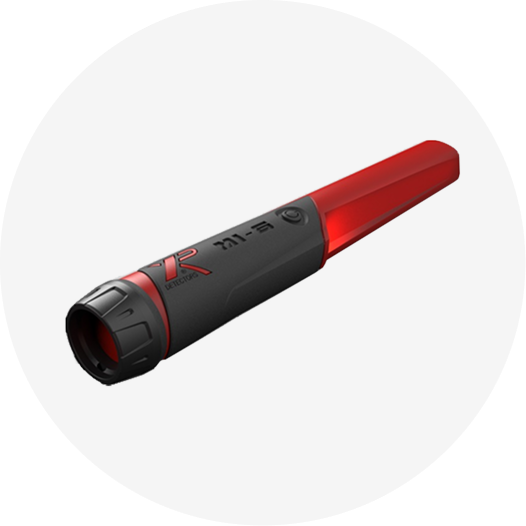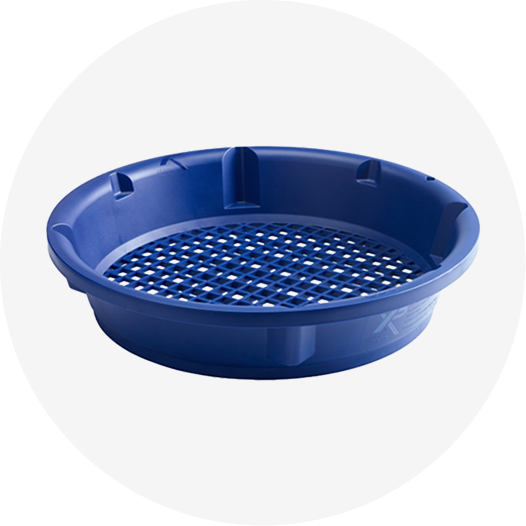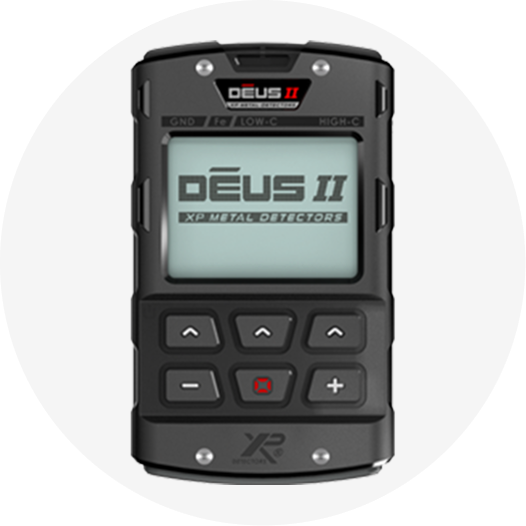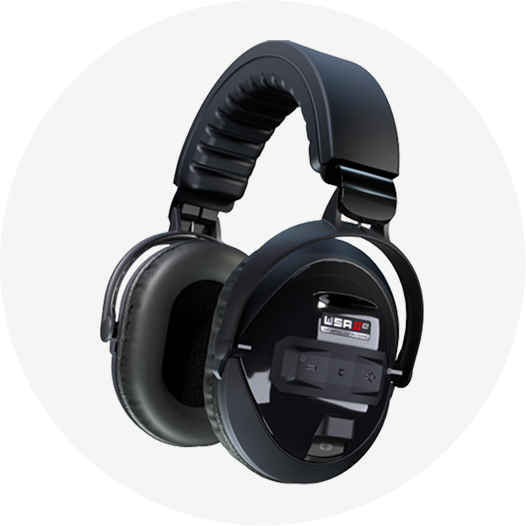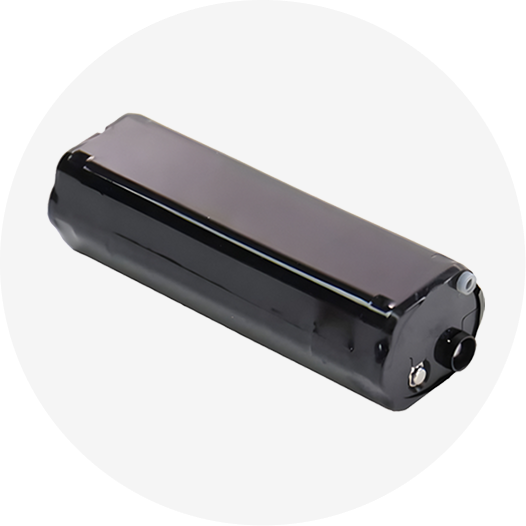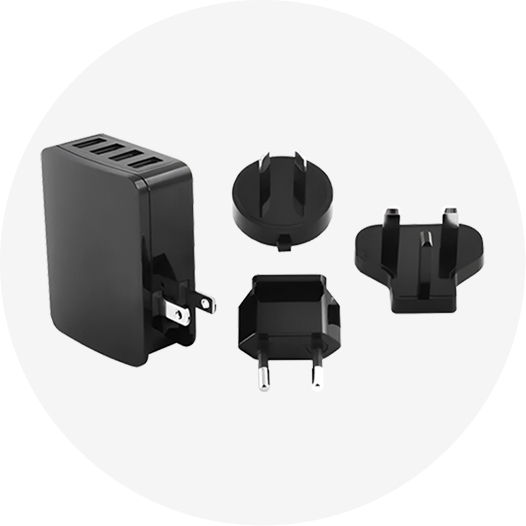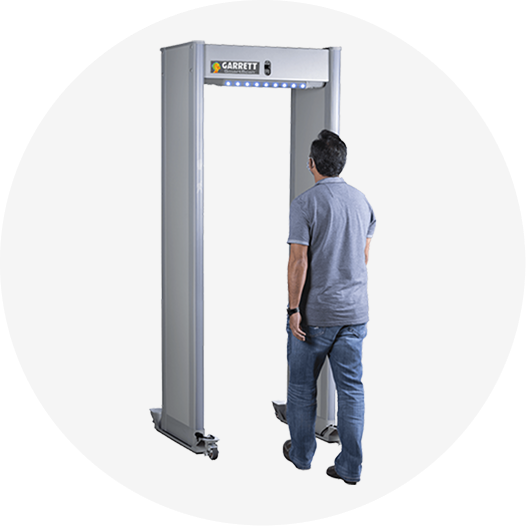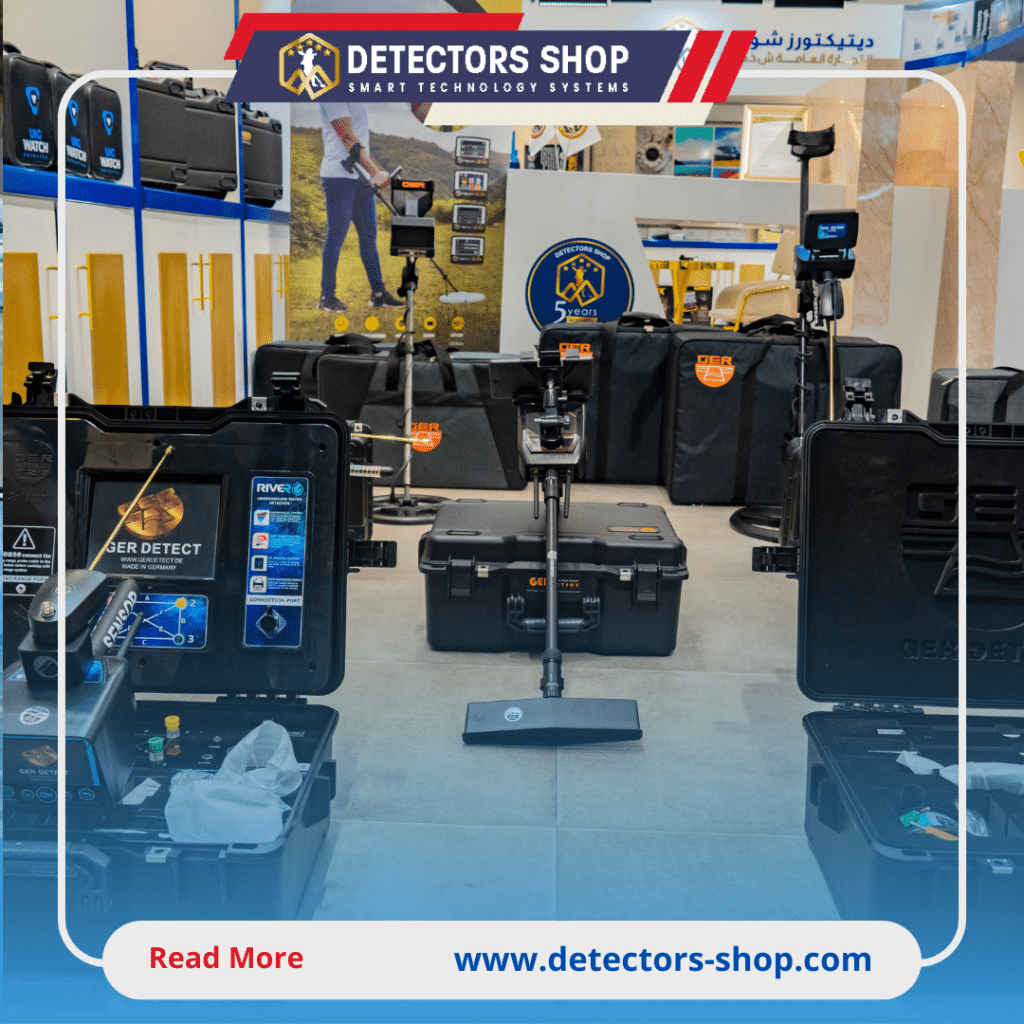Gold Detector in Yemen
A gold detector in yemen is an important tool for those interested in searching for precious metals, especially gold. In Yemen, the device holds particular significance due to the country’s rich history of gold and precious metals. Yemen is known for its diverse terrain, including mountains, plateaus, and plains, making it a promising area for gold prospecting.
Importance of Gold Detectors in Yemen
Yemen has a long history of mining and gold prospecting, with many stories and legends indicating large quantities of gold beneath the earth. Therefore, a gold detector can be a useful tool for several reasons:
- Exploring New Areas: A gold detector can help identify places that might contain gold and precious metals, making it easier for prospectors to pinpoint potentially profitable areas for exploration.
- Reducing Effort and Cost: Instead of random digging, a gold detector can help locate likely gold spots, saving effort, time, and costs.
- Increasing Income: Individuals who succeed in finding gold can earn additional income, especially in rural areas where this can significantly impact daily life.
contact us now :
https://web.whatsapp.com/send?phone=971561688466
How Gold Detectors Work in Yemen
Gold detectors rely on advanced technologies like electromagnetic frequencies and magnetic fields to detect metals underground. These devices vary in their techniques and performance, but the basic idea is to send signals into the ground and receive the reflected signals to identify the presence of metals.
Importance of Gold and Metal Detectors for Treasure Hunting and Precious Metals
Gold and metal detectors are crucial for hobbyists searching for buried treasures and valuable items. They help locate precious metals such as gold and silver, facilitating the process of prospecting and extraction.
Industrial Uses of Gold and Metal Detectors
Metal detectors play a vital role in industry by detecting metallic impurities in various products to ensure their quality and purity. They are also used in construction to locate buried cables and metal wires before digging and demolition operations.
Security Applications of Gold and Metal Detectors
In the security field, metal detectors are used in airports, government buildings, and large gathering places to detect weapons and other metal objects that may pose security threats. They are essential tools for ensuring safety and security in these locations.
Archaeological Applications of Gold and Metal Detectors
Metal detectors are also used in archaeology to help archaeologists locate and uncover buried artifacts without random digging. This contributes to protecting archaeological sites and preserving cultural heritage.
Technological Advancements in Gold and Metal Detectors
In recent years, gold and metal detectors have seen significant advancements due to technological progress. These devices have become more accurate and sensitive, making the detection process easier and increasing the chances of successfully finding targeted metals.
Tips for Using Metal Detectors
- Choosing the Right Device: Select a device that suits the type of search you wish to conduct, whether it’s treasure hunting, industrial use, or security.
- Training and Practice: It is recommended to receive proper training and practice using the device for some time before starting the actual search to ensure the best results.
- Adhering to Laws: Ensure compliance with local laws and regulations regarding the use of metal detectors, as there may be restrictions in certain areas.
Components of Gold and Metal Detectors
Gold and metal detectors consist of several main components that work together to detect metals underground:
- Control Unit: This unit is connected to the device’s input and directs the electromagnetic field from the transmitting coil to the receiving coil inside the device.
- Search Coil: The coil is a crucial part of the device, creating the electromagnetic field that interacts with buried metals, generating eddy currents that allow for detection.
- Signal Processor: This processor sends and analyzes the signal and returns it to the display screen, responsible for determining the type of detected metal.
- Display Unit: Usually an LCD screen or meter showing information related to the detected item based on its electrical conductivity.
How Gold and Metal Detectors Work
Gold and metal detectors operate by sending an electromagnetic field from the coil into the ground. When this field interacts with buried metals, an electromagnetic field is returned from the metals to the search coil, producing a signal that is analyzed and displayed to the user.
Types of Gold and Metal Detectors
There are various types of gold and metal detectors, each designed for a specific purpose:
- Gold Detectors: Such as VLF (Very Low Frequency) and PI (Pulse Induction) detectors, which have higher operating frequencies to detect small pieces of gold.
- General Purpose Detectors: Used to detect various metals like coins, jewelry, and other precious metals.
Different Applications of Gold and Metal Detectors
Gold and metal detectors are used in a wide range of applications, including:
- Treasure Hunting: Used to detect old coins, jewelry, and lost treasures underground.
- Gold Prospecting: Used to detect gold in gold-rich areas, especially where there are significant amounts of unwanted metals.
- Security and Safety: Used to detect weapons and metal threats in sensitive areas.
- Industry: Used to detect metal contaminants in food factories and to verify raw materials.
Discrimination Feature
The discrimination feature is the ability to identify the type of buried metal based on its electrical and magnetic properties. Some devices can ignore unwanted metals like iron and focus only on valuable metals such as gold and silver.
Ground Balance
Examples of Using Gold Detectors in Yemen
- Hadramout Region: Hadramout is rich in gold. Using a gold detector in this region has led to the discovery of many gold sites. Researchers have used these devices to identify the most promising spots for exploration.
- Taiz Region: Known for its diverse terrain, Taiz has seen the use of gold detectors to find points containing gold ores. This has encouraged many locals to invest in gold detectors and make profitable discoveries.
- Marib Region: Marib is historically known for its rich heritage. Some researchers have used gold detectors to search for buried treasures and precious metals, achieving good results and contributing to the local economy.
Conclusion
Gold detectors represent an essential tool for those searching for precious metals in Yemen. With modern technology, these researchers can more accurately and effectively identify areas containing gold. From Hadramout to Taiz and Marib, gold detectors can open new horizons for discovery and exploration, enhancing the economic potential for individuals and communities.
